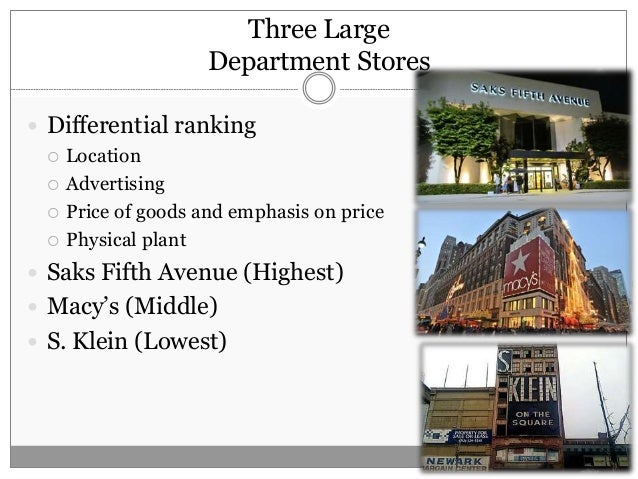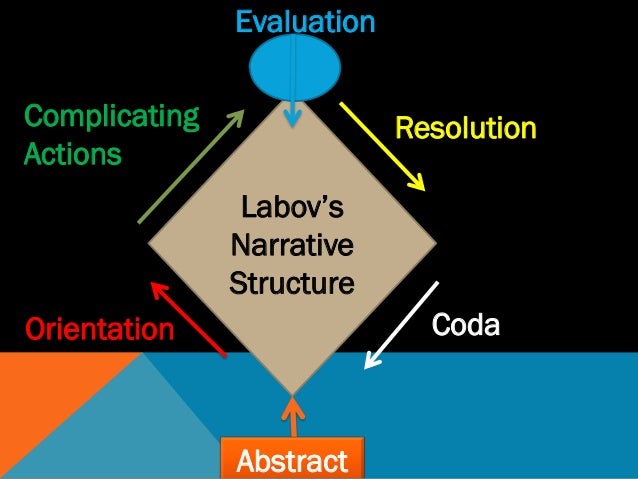What is the purpose of this text?
The purpose of this text is to describe how men and women get treated in the work industry. Jennifer is very passionate about what she says because she wants to put forward her true points of view. This finally let's her fans and the readers of this text be informed about her real feelings. She thinks that men get treated better than women in the work industry because they get better pay which is true. This shows that her view on the difference in pay between men and women is unfair, this lets us as a understand her point of view and realize about the real world of work.
The 'male' language features in this text
The fact that Jennifer uses a lot of swearing such as "asshole" and "d**ks" shows the determination and anger she has while talking about the subject. This is effective and it reviles her anger and honesty about what she is talking about, this makes us as a reader think about how passionate she must be about what she is complaining. This is a very manly language feature as stereo typically males swear more, which means they are more brutal than women. This shows that she is trying to express her feelings and thoughts using features that men usually use to show her irritation.
The 'female' language features in this text
Obviously Jennifer is a female and she uses many features to show that in her language. One of them is to described how she spoke to someone "no aggression, just blunt", this shows the more subtle and calm side of her, which lets us as a reader understand her because even though she is angry she doesn't want to show it too much, all she wanted to do is just express her opinion.
The purpose of this text is to describe how men and women get treated in the work industry. Jennifer is very passionate about what she says because she wants to put forward her true points of view. This finally let's her fans and the readers of this text be informed about her real feelings. She thinks that men get treated better than women in the work industry because they get better pay which is true. This shows that her view on the difference in pay between men and women is unfair, this lets us as a understand her point of view and realize about the real world of work.
The 'male' language features in this text
The fact that Jennifer uses a lot of swearing such as "asshole" and "d**ks" shows the determination and anger she has while talking about the subject. This is effective and it reviles her anger and honesty about what she is talking about, this makes us as a reader think about how passionate she must be about what she is complaining. This is a very manly language feature as stereo typically males swear more, which means they are more brutal than women. This shows that she is trying to express her feelings and thoughts using features that men usually use to show her irritation.
The 'female' language features in this text
Obviously Jennifer is a female and she uses many features to show that in her language. One of them is to described how she spoke to someone "no aggression, just blunt", this shows the more subtle and calm side of her, which lets us as a reader understand her because even though she is angry she doesn't want to show it too much, all she wanted to do is just express her opinion.




